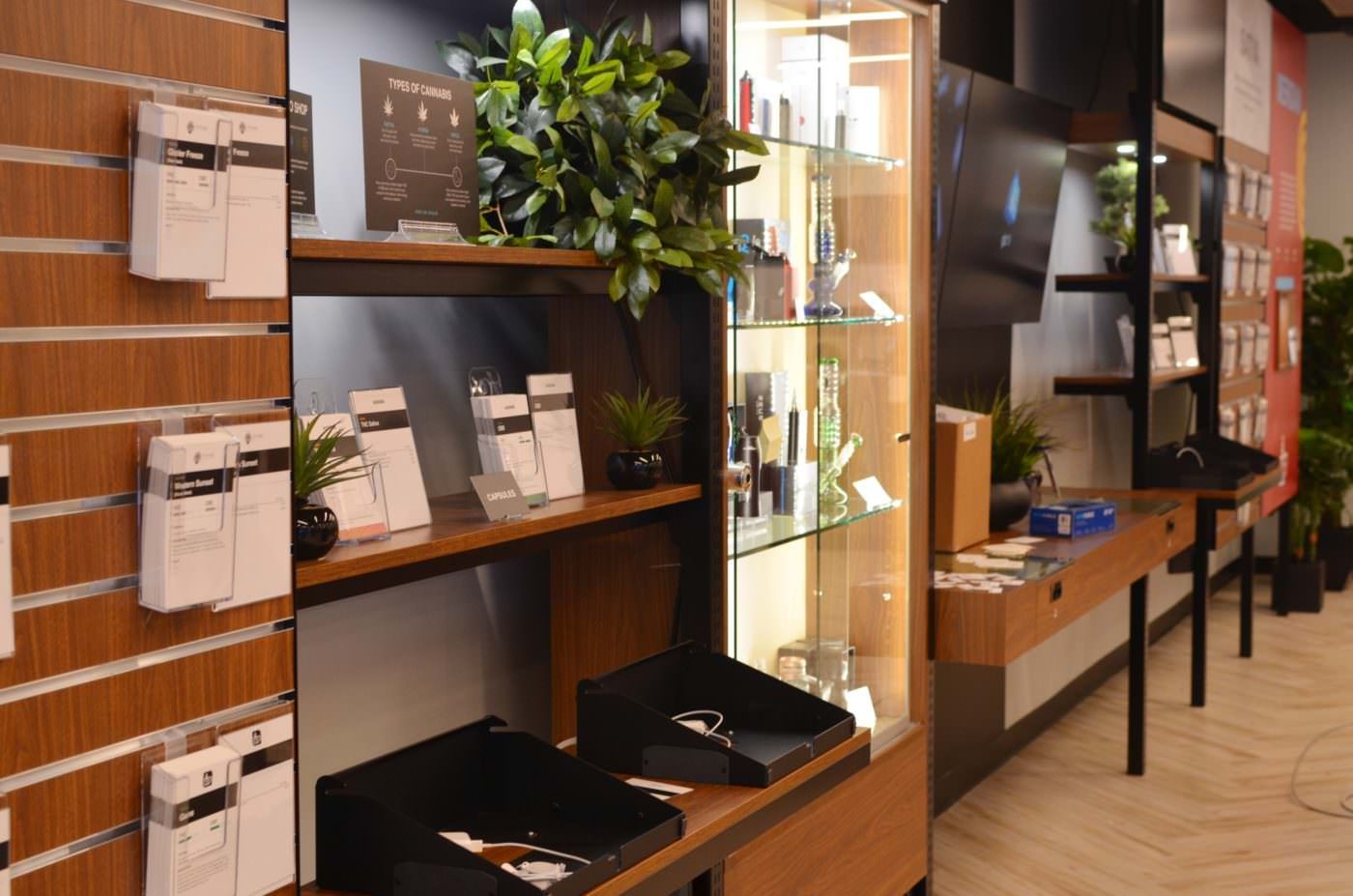Wildfire Collective is spearheading Canada’s first exclusively outdoor, multisite craft cannabis operation focusing on high terpene, full spectrum extracts.
“This really is something that’s going to help differentiate us when margin compression comes in the near future,” said Mark Spear, founder and CEO of the Ottawa-area company.
Unlike many publicly traded cannabis companies in Canada, Wildfire Collective is not pounding the pavement on Bay Street to raise capital for 150 million Canadian dollar ($115 million) greenhouses.
Instead, Wildfire Collective is raising money through equity crowdfunding.
The company submitted three federal license applications in late 2018, and evidence packages are expected to be submitted to Health Canada this fall.
“We assist our partners in the collective with the licensing process. We provide them with genetics and cultivation consulting, and we have the right to process their crop for up to five years. They retain 70% of the wholesale price of their crop,” Spear said.
Marijuana Business Daily talked with Spear about the competitive advantage of craft outdoor cannabis and the unique financing arrangement.
Who can join the collective?
What we found out so far is that farmers are very open to this sort of structure. It was really the expertise and the consulting that they were missing, and they weren’t willing to pay several hundred thousand dollars to get that from a professional. So that’s where we filled in the gap.
We feel very confident that we’re going to be producing a highly competitive product, and the benefit will really stay with the farmers and enhance their community.
We were very careful to do due diligence on both our partners and the land that they plan to farm on. But once you’ve gone through that process, we don’t have firm rules on expansion size.
We’ve said so far we don’t want them to start with any more than 10 acres. We really think that beyond that is just going to be a significant challenge, both logistically and taking care of the crops to maintain that small batch quality.
How can farmers in a collective achieve economies of scale?
Special pricing with contractors we trust. So we really want to make it as easy as possible, and use the same businesses every time just to keep that level of consistency and trust. So there’s going to be quite an opportunity for various suppliers and contractors to work with the collective.
Another big benefit is group buying of supplies and equipment, which is generally where only the larger producers get that economy of scale.
It’s a big advantage that our partners will experience, having access to our network of trusted professionals.
What role will craft cannabis play within the mix of indoor, greenhouse and outdoor production?
Craft is going to be a significant subset of all three categories.
Derivatives are absolutely where the market’s headed towards, and that will only accelerate in the next decade or so. Of course outdoors is always going to be the lowest cost of production.
Dried flower is always going to have a significant share of the market, but it will be decreasing.
How are you using partnerships to access sales channels?
For the first year, we’re focused on wholesale, so we’re not going to be selling directly to medical patients.
We partnered with Tantalus Labs and Taima Extracts to use their distribution networks. And we expect that 80% of our production will go towards vaporized concentrates and 20% will go towards dried flower.
Beyond 2020, we plan on doing our own processing in house and selling directly to medical patients.
How does equity crowdfunding differ from other ways of raising money, and why is it appealing for smaller producers?
It’s a different way of raising money. I think it’s really a great opportunity for craft cultivators and micro-cultivators in particular to raise money.
It’s similar to a private placement, but instead of only being able to include friends, family, business associates and accredited investors, we’re able to include most Canadians, depending on their province of residence.
The minimum investment can be as low as $100, which opens up the opportunity to many more people.
It is very expensive and time consuming to go public, so this isn’t a feasible option for most small producers starting out.
What do investors need to know about equity crowdfunding?
Equity crowdfunding is similar to buying a stock on the open market, except that you’re not able to sell whenever you want, a liquidity event such as an IPO or acquisition needs to occur before you can cash out.
It’s relatively new in Canada, so there’s certainly some education there. Many people are familiar with other types of crowdfunding such as Kickstarter, but in that case you aren’t owning any equity in the company. It is a relatively simple process through Frontfundr.
It takes 5-10 minutes to fill out the paperwork online, a couple of days to process the paperwork, and minutes to transfer the funds.
What do cannabis companies need to know if they’re considering equity crowdfunding?
It can be quite time consuming and require significant legal and financial expertise to issue an offering memorandum. You need to have audited financial statements.
The process can easily take a couple of months to put together everything that is required for a campaign.
You have to be especially careful of is how you market the securities and the use of forward looking statements.
This interview was edited for length and clarity.





